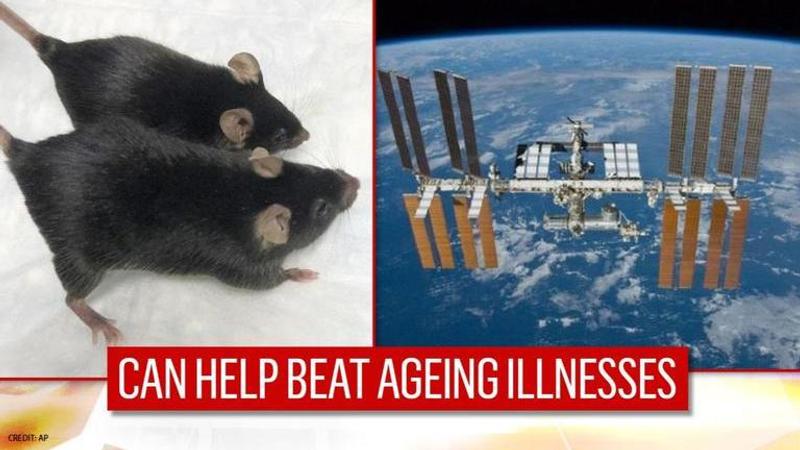Published 17:13 IST, November 5th 2020
Scientists find protein that can help slow ageing process while studying ISS-return mice
A study on mice that were sent to the International Space Station (ISS) suggests that an internal protein has the potential to slow down the ageing process.

A study on mice that were sent to the International Space Station (ISS) suggests that an internal protein has the potential to slow down the ageing process. The study, which was conducted by the Japanese Space Agency JAXA and Tohoku University, revealed that an internal protein called nuclear factor erythroid 2-related factor 2, or Nrf2 slowed down the transformation induced by ageing.
The experiment
According to the Japan Times, 12 mice were sent to the International Space Station in 2018, onboard a SpaceX Falcon 9 rocket. The mice spent a total of 31 days in the microgravity environment, where radiation is said to be stronger than Earth and can trigger loss of bone density and other physical deteriorations. As per the report, a group of mice was genetically modified to lack the Nef2 protein, while the other half went without any mutations. The study revealed that the mice that went to the ISS without Nrf2 protein witnessed a faster transformation.
The study revealed that mice that went to the ISS without Nrf2 protein did not gain weight despite consuming similar amounts of food and water as the other group that had Nrf2 protein. The study can help develop drugs to treat illnesses caused by ageing such as diabetes and Alzheimer’s. The study can also help in the development of treatments related to space flight illnesses and can also benefit astronauts in many other ways.
Updated 17:11 IST, November 5th 2020



